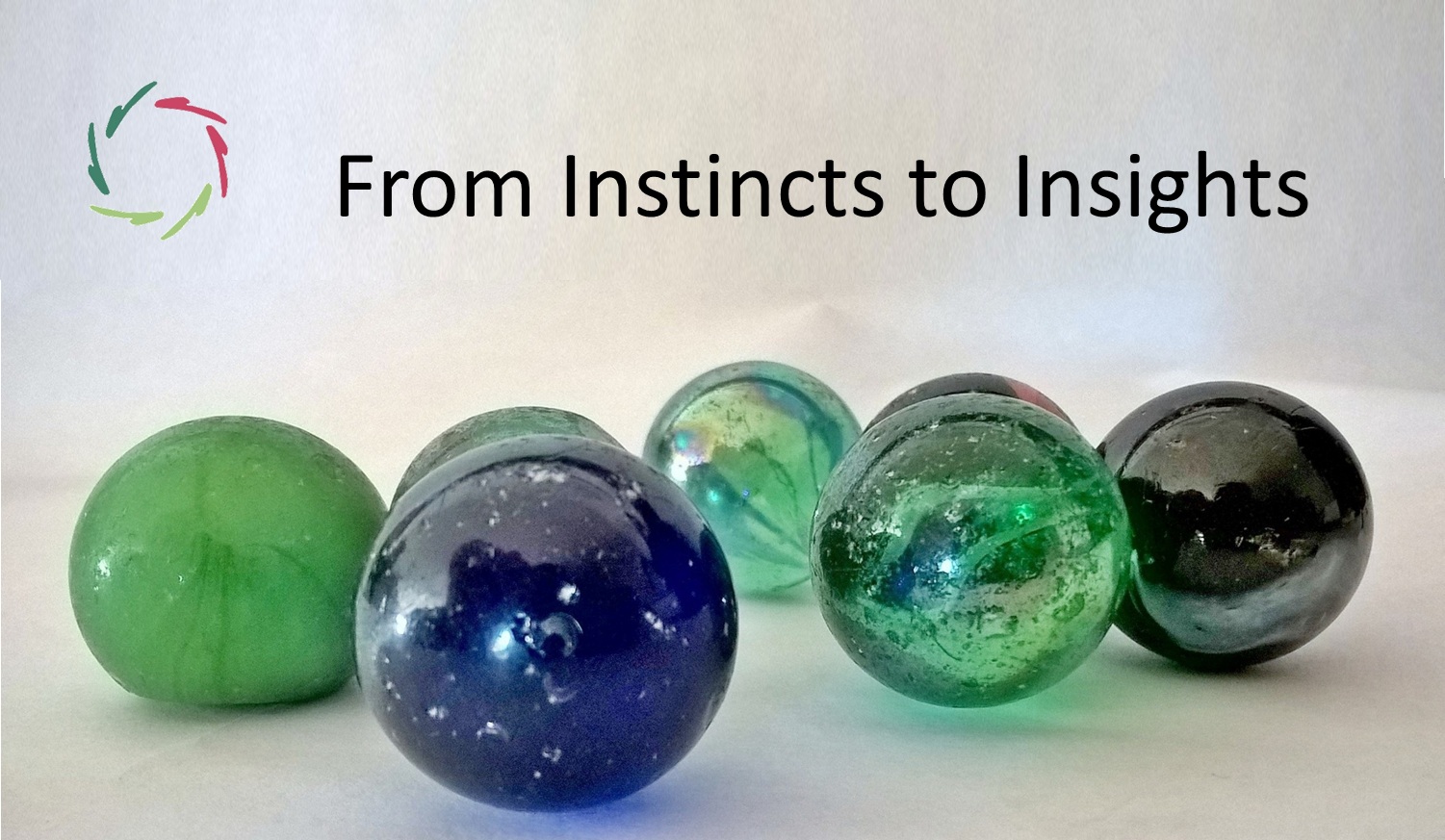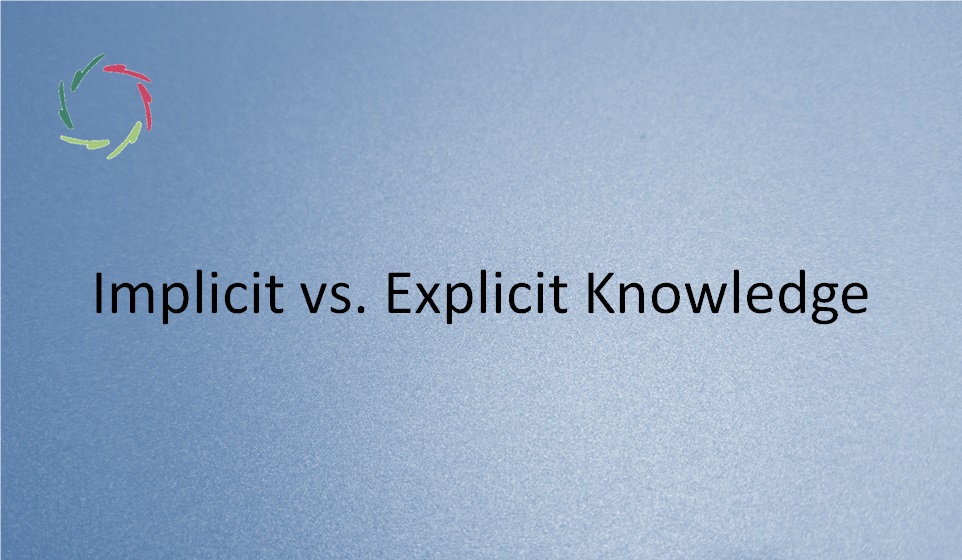The Difference between Being Alone and Being Lonely

Being (= feeling) lonely is as much related to you as to your situation. Most of all, it is about a meaningful relationship with yourself.
A person can be very alone, yet not feel lonely – and a person can feel very lonely, yet not be alone. The fact that this is possible, means that they are principally different. What does this difference amount to?
Being alone is just a state of… being alone.
Loneliness at the other hand, is not just the consequence of a relative lack of social contacts: having little of them while wanting more and suffering from this. It is much more about the quality of these contacts. It is about a feeling of true intimacy and relatedness. This is a deep feeling, and in this depth it’s of foremost importance where the feeling comes from, namely your ‘deeper self.’
Being lonely is ultimately not about ‘me versus the other’ but about ‘me versus the deeper me’.
Qualitative relationships bring you into contact with yourself in depth.
That is the reason why they can be so very gratifying.
This little piece of analysis may sound mechanical, as if social relationships can be functionally reduced to filling some personal ‘need.’ But we are talking here about a deep ‘need,’ not just a direct ‘want’ or even ‘frustration.’
This makes an immense difference, related to the existence – or not – of a huge field of non-conscious but very meaningful processing inside your mind: the ‘deeper self,’ about which a lot has already been said and developed in the AURELIS project.
The deeper part of human mind is not mechanical at all.
People have a natural dread of being lonely. Being lonely provokes anxiety. Very different from this, being alone may invoke fear in that it can render someone more vulnerable.
This fear is not anxiety in that it is well circumscribed and readily understandable. Anxiety is neither.
The dread of being lonely can be understood as the dread of ‘inner dissociation.’
This is: being cut off from one’s own source of deep motivation, for instance.
Being lonely, one feels that one’s life is not really meaningful. You can do this little exercise: try to imagine being really very lonely…
Now feel, at this moment of loneliness, what having a deeply meaningful purpose would do to your feeling lonely. Say: you are working on something immensely meaningful. Would that sense of meaning have an impact on your loneliness?
This brings us from loneliness towards a lack of meaning and as such, close to the domain of depression.
It is accepted knowledge that loneliness may provoke depression. I would rather say: the feeling of loneliness IS a way in which depression shows itself. You feel lonely because you are removed from your deeper self. You are missing ‘soul’ in your surroundings because you are missing ‘soul’ in yourself.
We also encountered anxiety in this little text.
A modern line of thinking brings depression and anxiety close to each other. One hypothesis is that they are both consequences of a hidden underlying factor, of which loneliness is yet another possible consequence. This hidden factor is ‘inner dissociation’.
Again, this is related to a lack of ‘soul’ or least a lack of contact with it, in yourself and thus also in your surroundings. Without ‘soul’, nothing has any profound meaning.
Thus, if you feel lonely, you might see it as an invitation to look for deep meaning.
If you really, wholeheartedly find deep meaning, you are looking into the direction of your own depth. As deep as the emptiness of your loneliness may have been before, it will then be filled by you.
And through this also by whatever or whomever you encounter.


